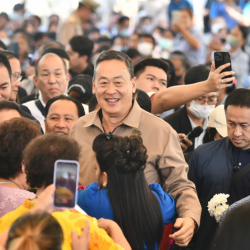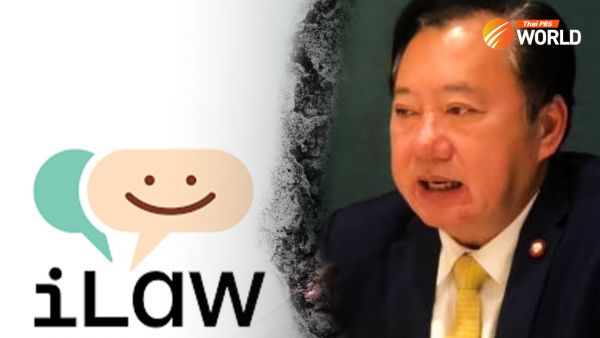Constitution Day: The history of Thailand’s serial love affair with supreme laws

Constitution Day on December 10 marks the day Thailand’s first permanent constitution was declared in 1932, replacing the temporary charter enacted following the Siamese Revolution that ended absolute monarchy in June of that year.
As it turned out, the 1932 constitution was far from permanent: The kingdom has seen 18 more constitutions since then, including seven interim charters introduced after military coups.
The country’s first constitution defined Thailand, which was then known as “Siam”, as a single, indivisible kingdom with the King serving as the head of state – effectively transforming the nation from an absolute monarchy to a constitutional monarchy. This principle has been retained in all subsequent charters.
Joining a select club
Altogether, Thailand has had 20 constitutions since becoming a constitutional monarchy, joining the handful of countries with 20 or more constitutions – the Dominican Republic (32), Venezuela (26), Haiti (24), and Ecuador (20).
The main reason Thailand has had so many constitutions is its numerous military coups – 13 since the Siamese Revolution of 1932. Coup-makers typically abolish constitutions on seizing power since the supreme law stipulates severe punishment for overthrowing a government.
They often follow the abolition by issuing an order that exempts them from any criminal offenses.
Constitutions abolished after a military coup have usually been replaced by new charters written by drafting committees appointed by the coup-makers. The coup-makers usually command influence – directly or indirectly – over the drafting of the new constitution.
20 charters since 1932
Here is the list of all 20 Thai constitutions:
- Temporary Charter for the Administration of Siam (1932)
- 1932 Constitution of the Kingdom of Siam
- 1946 Constitution of the Kingdom of Thailand
- 1947 Temporary Constitution of the Kingdom of Thailand
- 1949 Constitution of the Kingdom of Thailand
- 1932 Constitution of the Kingdom of Thailand (1952 Revised Edition)
- 1959 Charter for the Administration of the Kingdom
- 1968 Constitution of the Kingdom of Thailand
- 1972 Temporary Charter for Administration of the Kingdom
- 1974 Constitution for the Administration of the Kingdom
- 1976 Constitution for Administration of the Kingdom
- 1977 Charter for Administration of the Kingdom
- 1978 Constitution of the Kingdom of Thailand
- 1991 Charter for Administration of the Kingdom
- 1991 Constitution of the Kingdom of Thailand
- 1997 Constitution of the Kingdom of Thailand
- 2006 Interim Constitution of the Kingdom of Thailand
- 2007 Constitution of the Kingdom of Thailand
- 2014 Interim Constitution of the Kingdom of Thailand
- 2017 Constitution of the Kingdom of Thailand
Average life span
The average life span of Thailand’s constitutions is four years and three months. The 1932 Constitution of the Kingdom of Siam lasted the longest, at 13 years and five months, while the 1932 Temporary Charter for the Administration of Siam was the shortest at only six months.
The 10 “permanent” constitutions were in effect for a combined period of 63 years and two months, or an average of six years and three months each.
The only two constitutions that lasted for over a decade were the charters of 1932 and 1978, the latter surviving for 12 years and two months. Of the others, the shortest lasted for 10 months and the longest for nine years and five months.
Bid to write new charter
Enacted in April 2017, the current Constitution was drafted after a military coup and has drawn controversy for what critics call undemocratic clauses.
Attempts have been made to amend the charter to allow a new one to be written. But the 2017 Constitution appears designed to make it difficult to amend, with any changes requiring strong support from all sides in Parliament – junta-appointed senators, the ruling coalition, and opposition parties.
In October, Prime Minister Srettha Thavisin appointed a committee to draw up terms for a referendum to determine if the constitution should be rewritten to pave the way for the drafting of a new one.
Deputy Prime Minister Phumtham Wechayachai, who heads the 35-member panel, said the process could take more than three years, drawing criticism that the government lacks sincerity and is dragging its feet on charter change.
Opposition parties, including Move Forward and Thai Sang Thai, have proposed constitutional amendments aimed at paving the way for an elected committee to write a new charter.
By Thai PBS World’s Political Desk






